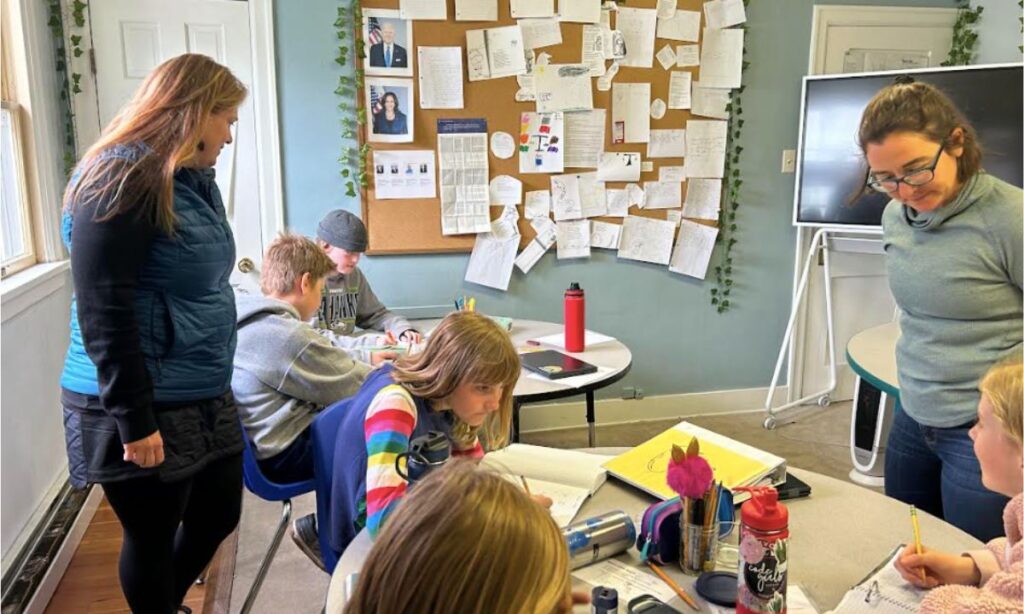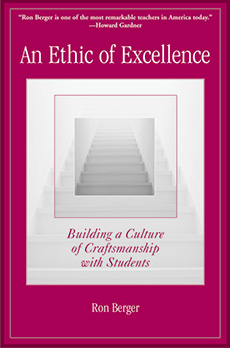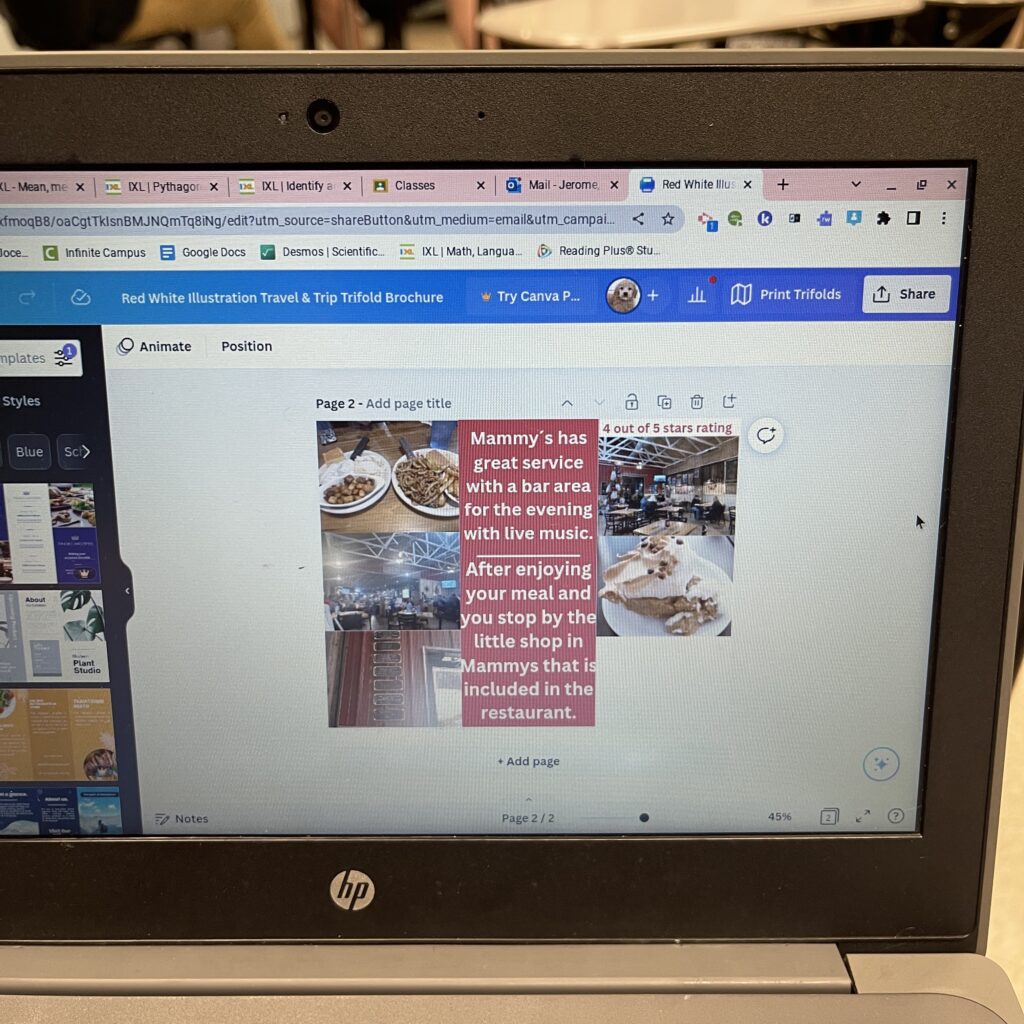
Montana families are choosing microschools for personalized, learner-centered education. Educators like Christa Hayes are creating small schools focused on outdoor learning and project-based academics. These microschools offer new educational options and a strong sense of community for students.
Covid was the catalyst. When her children’s schools shut down in the spring of 2020, and her college classes went online, Hayes began hearing from parents who wanted tutoring services. She also wanted to help her own three children stay on track academically, and find a way for them to have small, safe social interactions.
In fall 2020, Hayes leased a gym downtown with large garage doors that opened wide, providing for maximum ventilation. She spaced children six feet apart, enabling them to meet in person while working through their remote public school curriculum. In addition, Hayes offered all kinds of enrichment activities, focused on project-based learning and frequent outside expeditions.
- Linaberger, Mara (Author)
- English (Publication Language)
- 176 Pages – 04/08/2018 (Publication Date) – Independently published (Publisher)
The Eclectic Educator is a free resource for everyone passionate about education and creativity. If you enjoy the content and want to support the newsletter, consider becoming a paid subscriber. Your support helps keep the insights and inspiration coming!




